In the postwar boom that created modern Southern California, Msgr. Benjamin Hawkes was a powerbroker. But Hawkes’ revered place in the archdiocese’s history is being reconsidered in light of his recently released confidential church personnel file.
Read the story: A church leader’s posthumous fall from grace
— Harriet Ryan
|
Address given by Sir Daniel J. Donohue on Jan. 2, 1986, in the Sunset Room of the California Club.
|
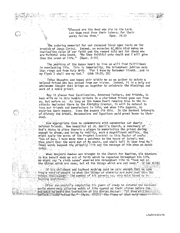
|
|
Msgr. Benjamin Hawkes’ reputation grew beyond the church. “One of the most powerful men in the city,” Los Angeles magazine pronounced. “A legend,” The Times said. Robert DeNiro prepared to play a monsignor in “True Confessions” by watching Hawkes say Mass.
|
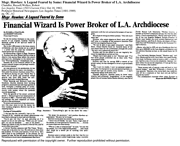
|
|
An obituary for Msgr. Benjamin Hawkes published in the Los Angeles Times on Sept. 23, 1985.
|
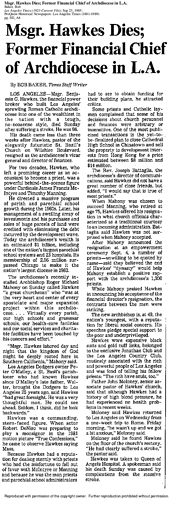
|
|
The night before Hawkes’ 1985 funeral, Archbishop Justin Rigali, a Vatican official who had gone to seminary in Los Angeles, delivered a eulogy praising the monsignor as a gift from God. Hawkes had mentored Rigali, who eventually became a cardinal and ended his career amid a scandal in the Philadelphia archdiocese over the handling of sex abuse cases.
|
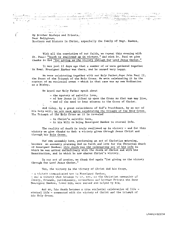
|
|
Ten years after Hawkes’ death, a former altar boy at St. Basil’s sent this letter to the archdiocese official who handled sex abuse cases.
|
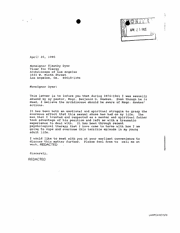
|
|
In a letter the day before Hawkes’ death, Mahony told him he was becoming “more personally involved in all major transactions of the Archdiocese” and would assume many of the powers the monsignor had held.
|
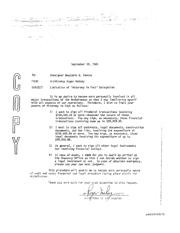
|
|
The last will and testament of Msgr. Benjamin Hawkes.
|
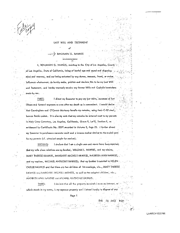
|
|
Hawkes frequently gave speeches about his approach to handling the church’s money, including this 1981 talk called “The Los Angeles Plan.”
|
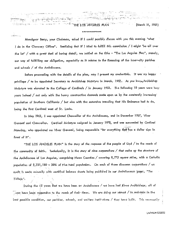
|
|
After meeting with Archbishop Roger Mahony, the second accuser wrote this letter to the cardinal requesting $1.9 million in compensation.
|
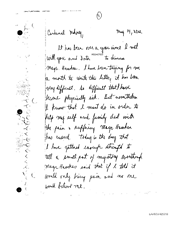
|
|
Vatican Secretary of State Agostino Casaroli passed along Pope John Paul II’s condolences in this telegram. Hawkes and the pope had celebrated Mass together in Rome the week before Hawkes’ death.
|
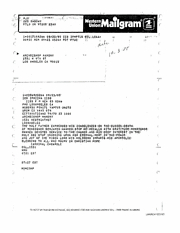
|














